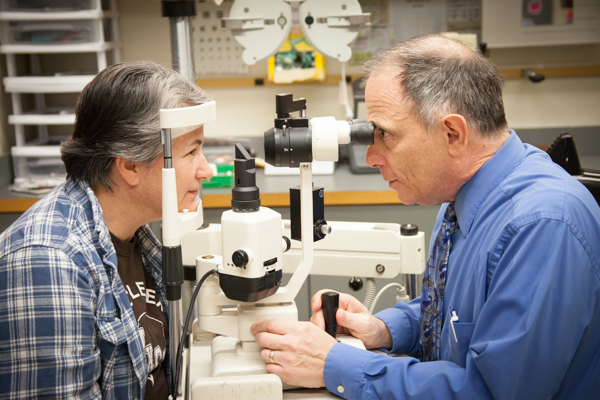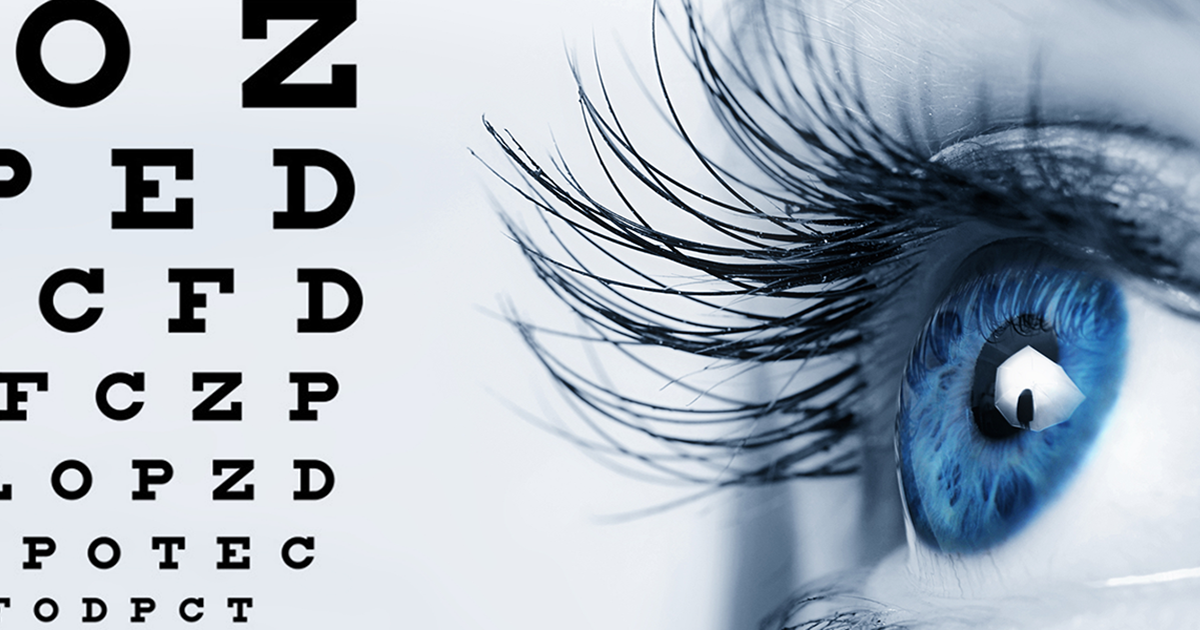Discover the Best Glaucoma Service Near Me: Expert Eye Care Solutions
Discover the Best Glaucoma Service Near Me: Expert Eye Care Solutions
Blog Article
Recognizing the Various Eye Issues Dealt With by Specialized Eye Care Professionals
In the world of eye care, specialized experts play an important duty in identifying and treating a wide array of eye conditions. As we get started on this exploration of the different eye conditions addressed by specialized eye care specialists, it ends up being noticeable that the elaborate internet of eye health and wellness holds a myriad of interesting insights waiting to be discovered.
Typical Refractive Mistakes
Refractive mistakes prevail aesthetic conditions caused by an imperfection in the eye's capacity to appropriately focus light, resulting in blurred vision. One of the most common kinds of refractive mistakes consist of myopia (nearsightedness), hyperopia (farsightedness), astigmatism, and presbyopia. Nearsightedness takes place when the eyeball is as well long or the cornea is also curved, causing far-off things to show up blurry. Hyperopia, on the other hand, takes place when the eyeball is also short or the cornea is also flat, leading to neighboring items being out of emphasis. Astigmatism is characterized by an irregularly shaped cornea, leading to altered or blurred vision in any way ranges. Presbyopia is an age-related problem where the lens sheds its versatility, making it difficult to concentrate on close objects.
These refractive errors can be corrected through various approaches, consisting of eyeglasses, call lenses, or refractive surgical procedure. Eye care professionals play an essential function in detecting and managing refractive errors to help people accomplish clearer vision and boost their quality of life.
Age-Related Eye Conditions
One of the most common age-related eye conditions is age-related macular deterioration (AMD), a condition that triggers main vision loss and can make tasks like reading and driving difficult. Cataracts, one more common condition amongst older people, trigger clouding of the eye's natural lens, leading to obscured vision. Normal eye exams with specialized eye care experts are important for very early detection and administration of these age-related eye problems to maintain vision and maintain ocular health and wellness as individuals grow older.
Vision-Threatening Diseases
Vision-threatening conditions incorporate a variety of significant eye conditions that have the possible to substantially affect a person's vision and overall aesthetic function. These conditions present a danger of long-term vision loss if not promptly detected and dealt with by specialized eye care professionals. Some usual vision-threatening conditions include glaucoma, diabetic retinopathy, age-related hop over to here macular degeneration (AMD), and retinal detachment.
Glaucoma is a team of eye conditions that damage the optic nerve, frequently because of high intraocular pressure, resulting in peripheral vision loss and potential blindness if left without treatment. Diabetic retinopathy is an issue of diabetic issues that impacts blood vessels in the retina, creating vision impairment or blindness. AMD is a progressive condition affecting the macula, causing central vision loss. Retinal detachment happens when the retina separates from its underlying cells, causing sudden vision loss that calls for immediate medical focus (refractive surgeries in al).
Early discovery, normal eye exams, and timely treatment are crucial in handling vision-threatening conditions to maintain eyesight and preserve high quality of life. Specialized eye treatment professionals play an important function in diagnosing, dealing with, and taking care of these problems to avoid irreversible important source vision loss.

Corneal Conditions
Corneal disorders include a range of problems that affect the transparent front component of the eye, known as the cornea. Treatment for corneal disorders varies depending on the certain problem but may include medicines, get in touch with lenses, or in extreme cases, corneal transplants. Regular eye tests are important for very early detection and monitoring of corneal disorders to protect vision and eye health.
Neurological Eye Conditions
Neurological eye conditions involve problems that influence the connection between the eyes and the brain, influencing visual processing and general eye function. These conditions can materialize in different methods, affecting vision, eye activities, and also the coordination in between the eyes. One usual neurological eye condition is optic neuritis, characterized by inflammation of the optic nerve leading to vision loss, color desaturation, and discomfort with eye activity.
Another considerable condition is nystagmus, where the eyes make recurring, unrestrained movements, affecting visual acuity and deepness assumption. In addition, problems like amblyopia, commonly described as "careless eye," arise from irregular aesthetic advancement in early childhood, causing reduced vision in one eye.
Neurological eye conditions require specific care from professionals like neuro-ophthalmologists that have expertise in both neurology and ophthalmology. Medical diagnosis usually entails a detailed eye evaluation, imaging studies, and partnership with neurologists to address the underlying neurological concerns influencing the aesthetic system. Therapy methods can consist of medicine, vision therapy, or in extreme situations, surgical interventions to handle these complicated conditions efficiently.

Conclusion
In final thought, specialized eye care experts treat a wide variety of eye read this post here problems, including typical refractive mistakes, age-related eye problems, vision-threatening illness, corneal conditions, and neurological eye problems - refractive surgeries in al. By comprehending these different conditions and seeking appropriate therapy from eye treatment specialists, individuals can keep optimum eye health and wellness and vision. It is necessary to focus on normal eye assessments and comply with recommended therapy strategies to preserve and protect one's vision for the future
Report this page